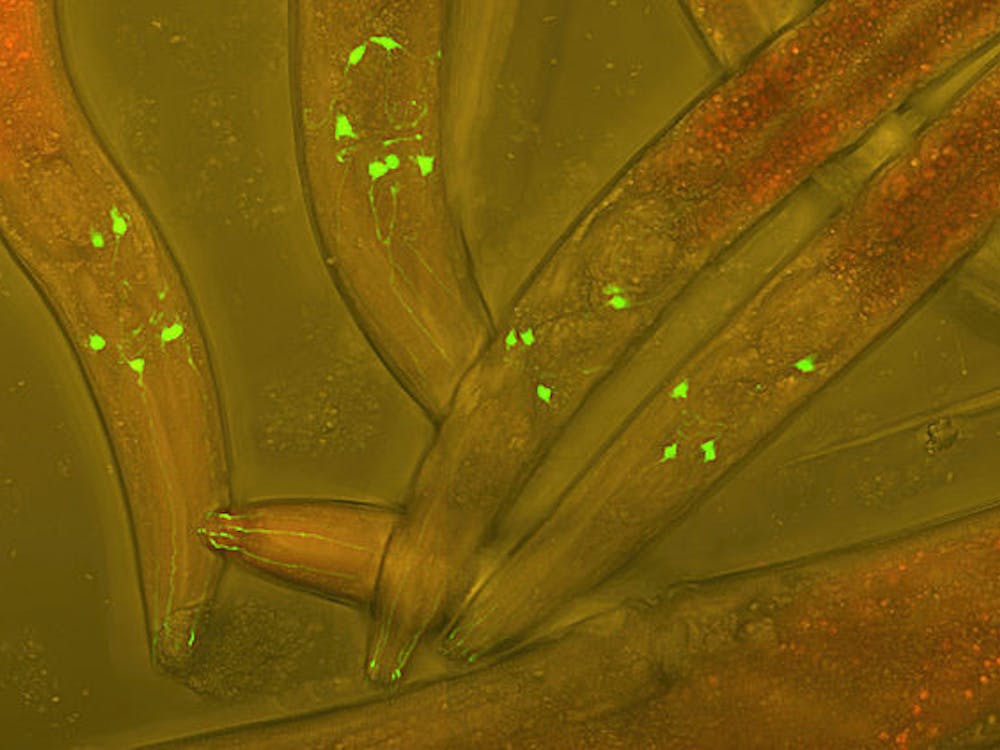Many human traits are heritable. Unlike what most people confuse it to be, heritability is not simply whether a trait is inherited but a measure of how much of the variation in a trait can be explained by genetic differences. Your hair color, for example, is highly heritable because it is directly influenced by your parent’s genes. On the other hand, traits like the number of limbs you have or your lifestyle has low heritability.
What about longevity? No doubt everyone has different life span, but can we tell if we will live longer or not by studying our family trees?
According to new research published in GENETICS, a journal of the Genetics Society of America, genetics may not be the biggest indicator of an individual’s longevity.
Graham Ruby, the lead author of the paper, explained that genetics have less influence on life span than scientists have previously thought.
To conduct this research, Ruby and Calico Life Sciences partnered with scientists from the online genealogy resource, Ancestry. After taking away any identifiable information from their 54 million subscribers and redundant information, Ancestry presented only the date of birth, year of death, place of birth and the familial connections that make up the family tree. This information summed up to a set of pedigrees that included more than 400 million people, which gave Ruby’s team access to more data than any previous studies on the topic and the power to explore the questions of whether shared environment or assortative mating are the bigger indicators of longevity.
After a combination of mathematical and statistical modelling, the researchers indeed found an interesting pattern: The life span of spouses were closely correlated, even more so than two siblings of opposite sexes. Furthermore, Ruby and her team discovered that the life span of siblings-in-laws or cousins-in-laws also had correlation, despite the fact that they were not related by blood. Such discoveries made it clear that genetics may not be the only thing that affected an individual’s life span.
Ruby believes that one possible answer to this puzzling finding could be assortative mating, as detected in the research.
“What assortative mating means here is that the factors that are important for life span tend to be very similar between mates,” Ruby said according to ScienceDaily.
This doesn’t mean that you have a special power to detect your potential mate’s longevity. However, it does show that the factors that influence our mating choices have effect on our life span, such as wealth or even height.
These new findings led to an analysis that the heritability of longevity may only account for less than seven percent, or even lower, compared to the previous estimate of 15 to 30 percent.
To Ruby, this means scientists may only have so much to learn about aging and biology.
“We can potentially learn many things about the biology of aging from human genetics, but if the heritability of life span is low, it tempers our expectations about what types of things we can learn and how easy it will be,” Ruby said. “It helps contextualize the questions that scientists studying aging can effectively ask.”





